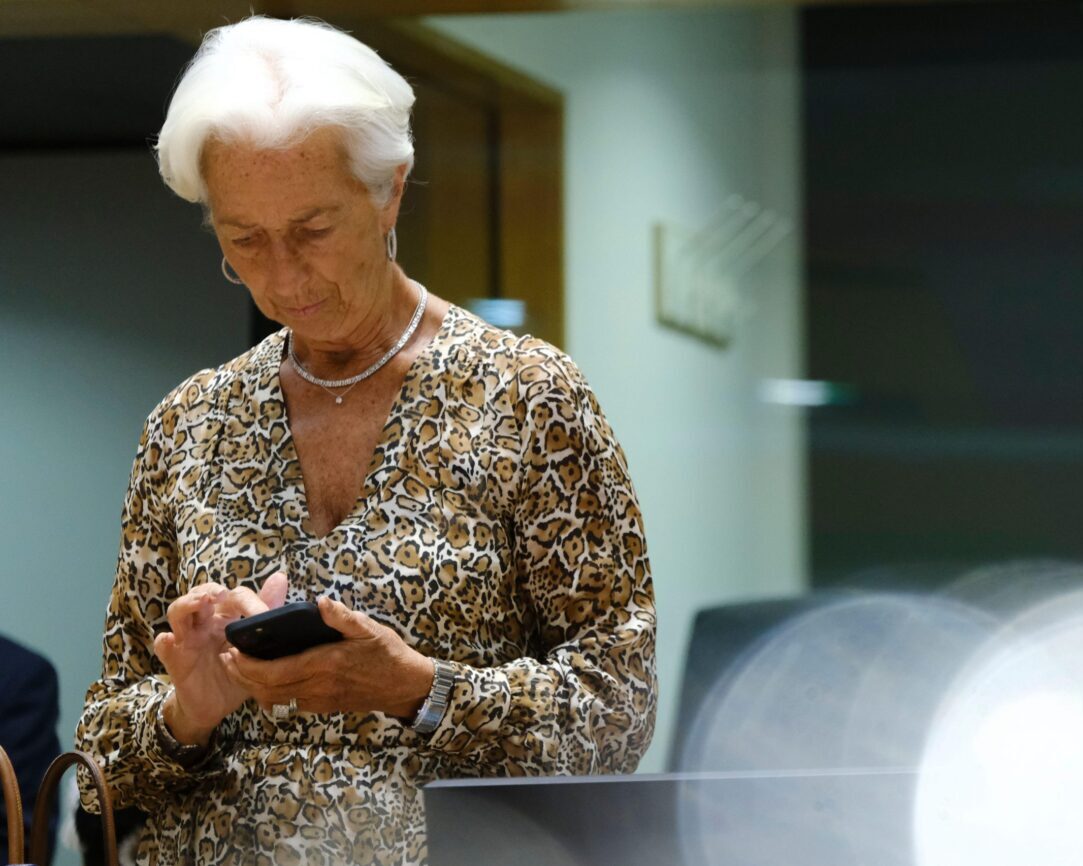The unification of Germany in 1990 was one of the most significant events since the end of the Second World War. Just four and a half decades after a defeated, impoverished, and despised country had been divided by its enemies, a democratic colossus at the heart of Europe was born in peace. While hindsight might suggest otherwise, it was never inevitable that the collapse of Soviet power would be followed by the unification of German. In truth, the probability of such an outcome was low in the face of the many barriers confronting Chancellor Kohl in those heady days of…
Cancel at any time. Are you already a member? Log in here.
Want to read the full story?
Unlock this article – and everything else on The Currency – with an annual membership and receive a free Samsonite Upscape suitcase, retailing at €235, delivered to your door.

